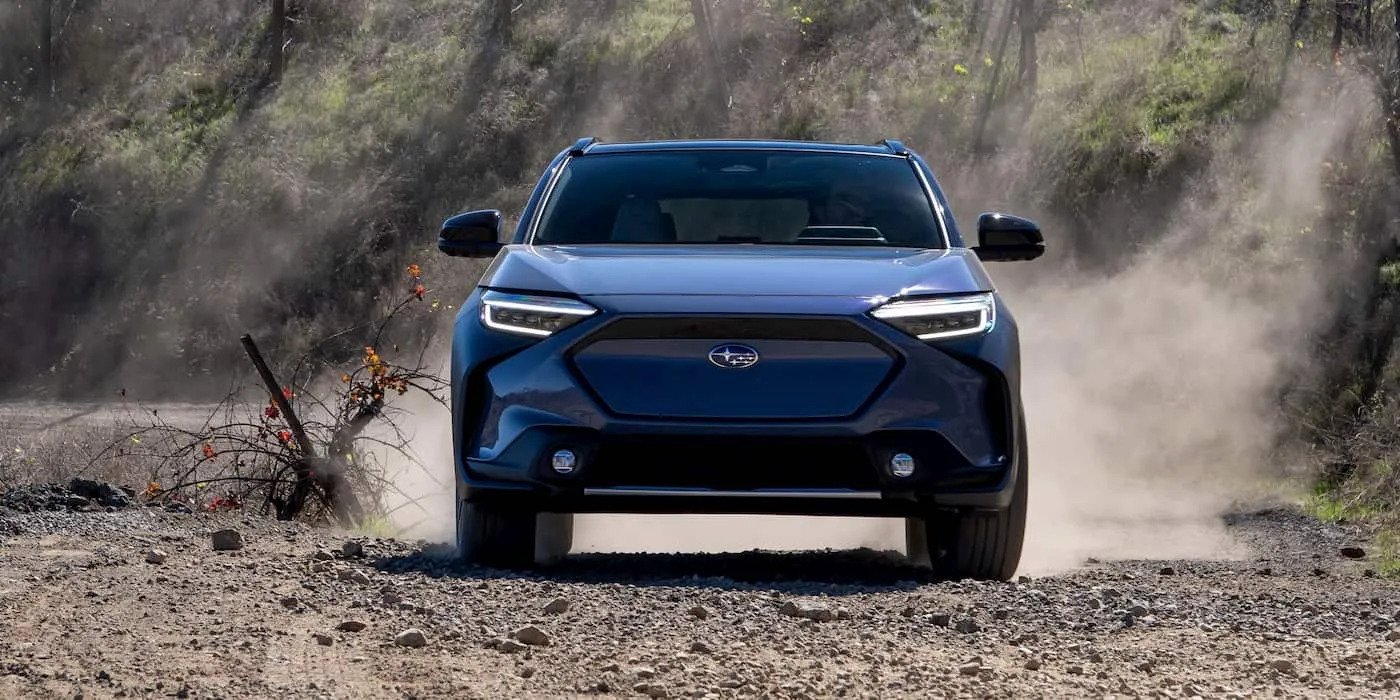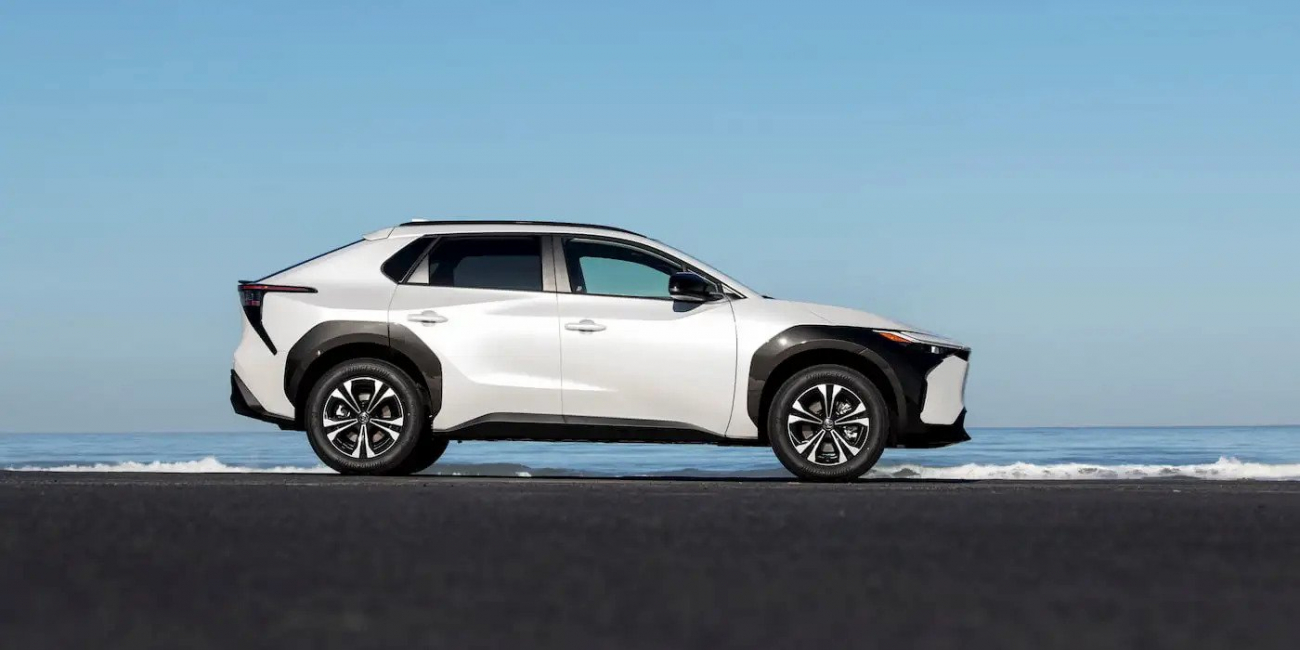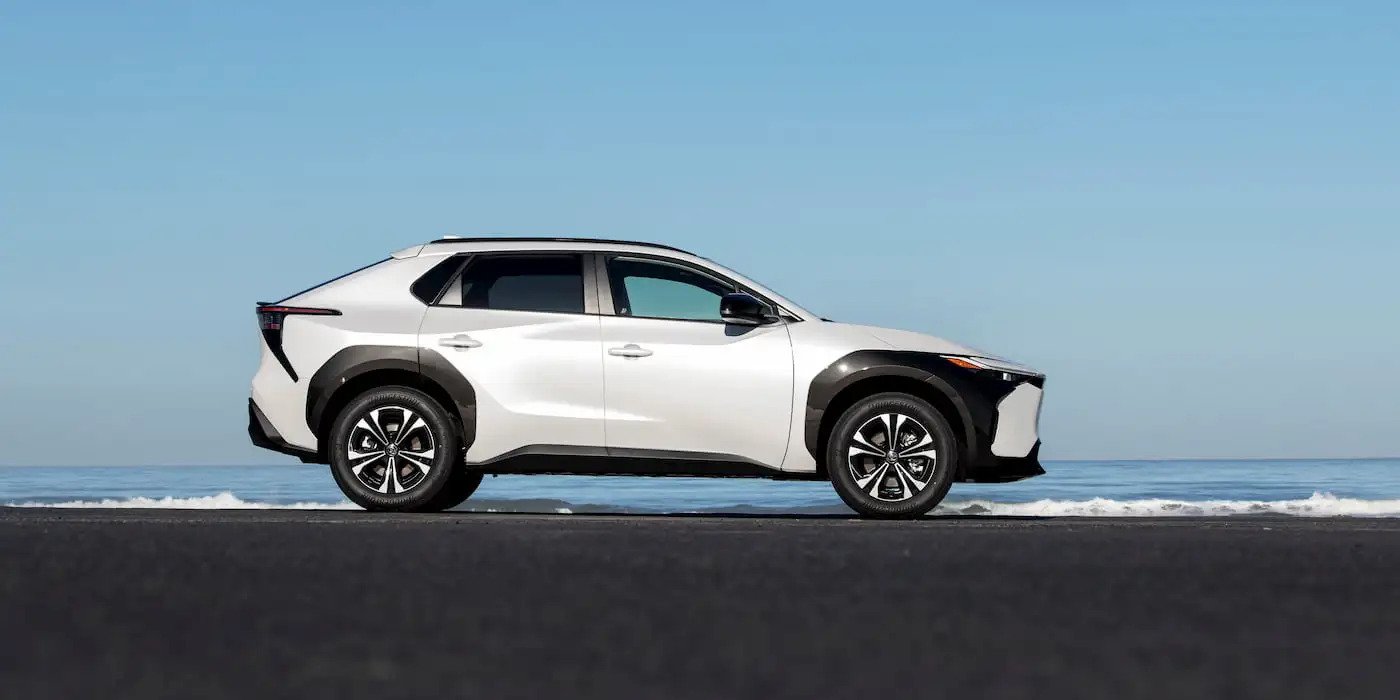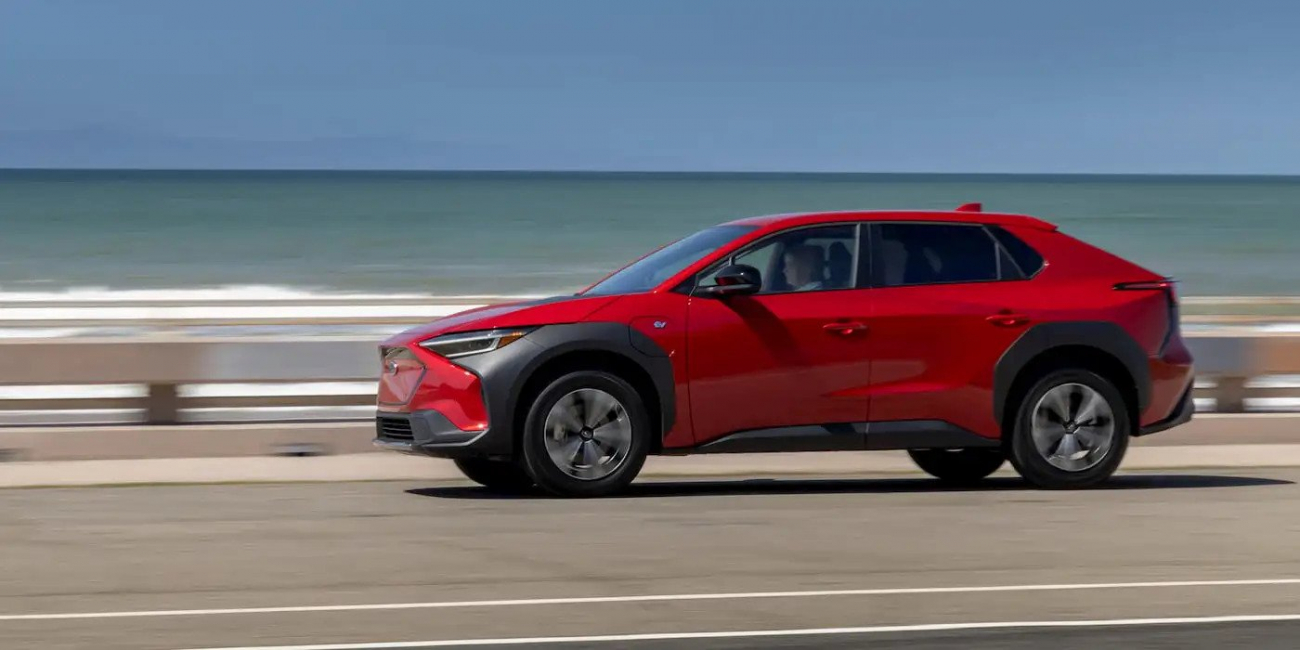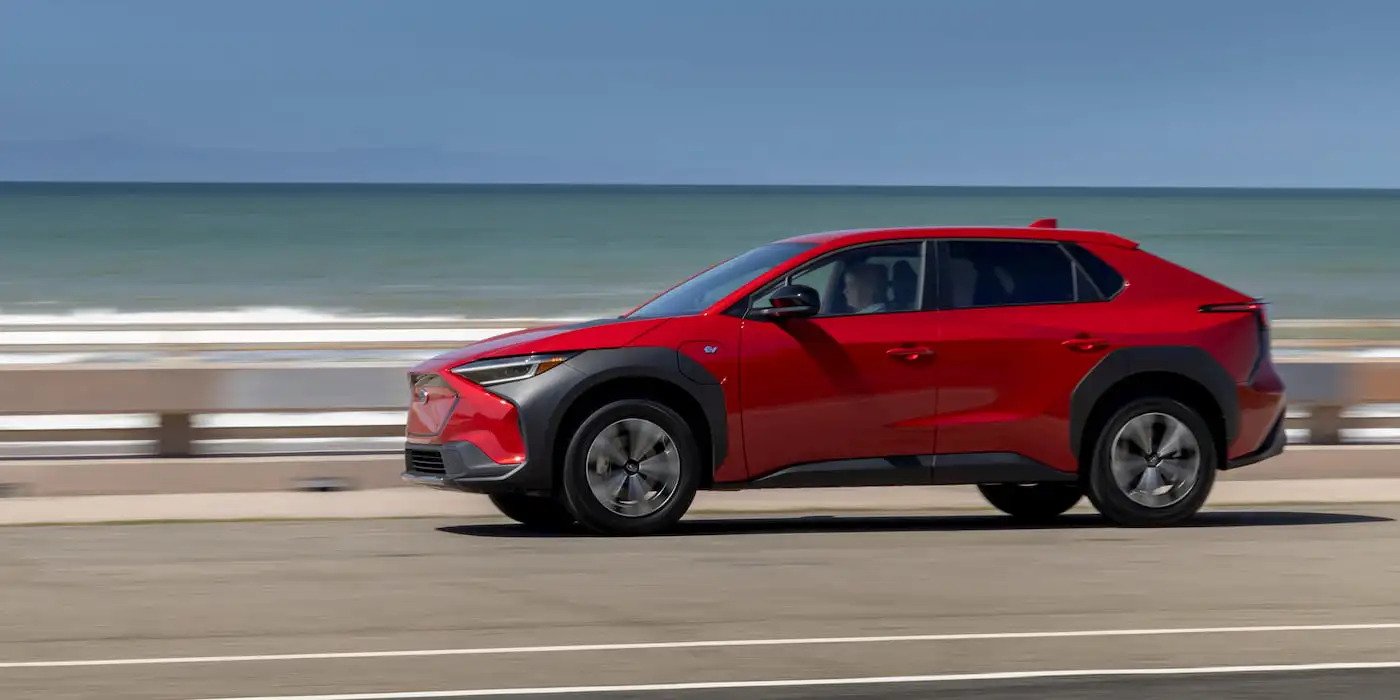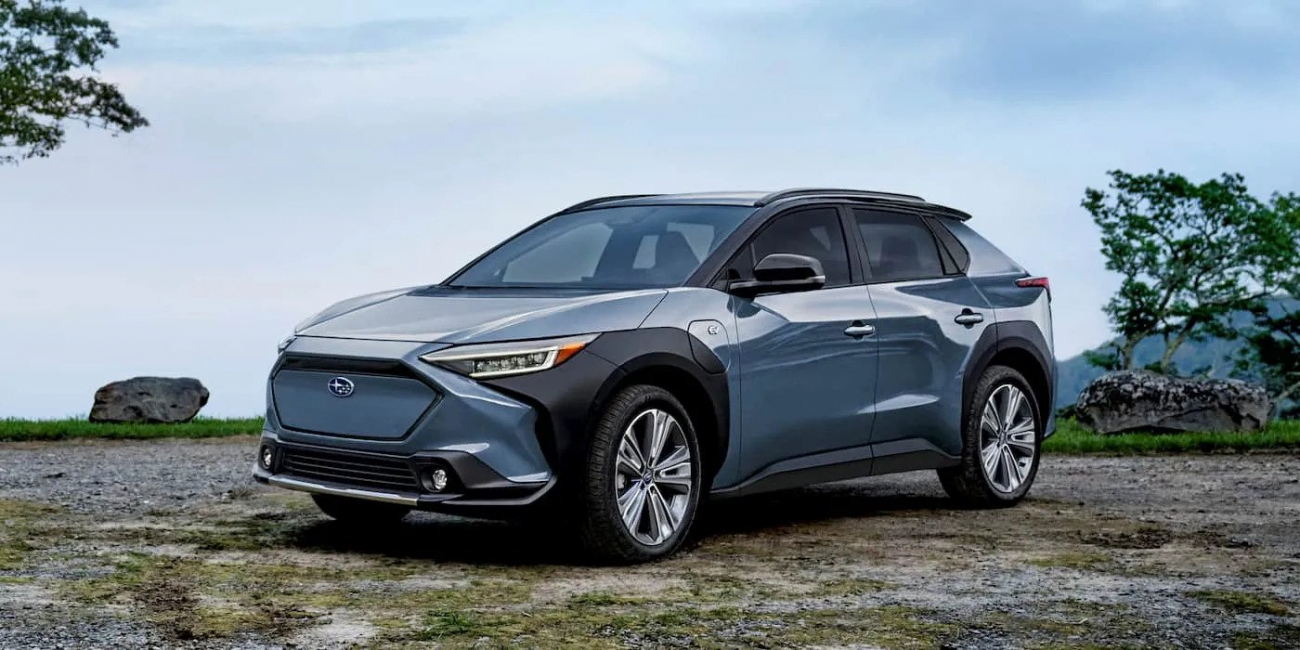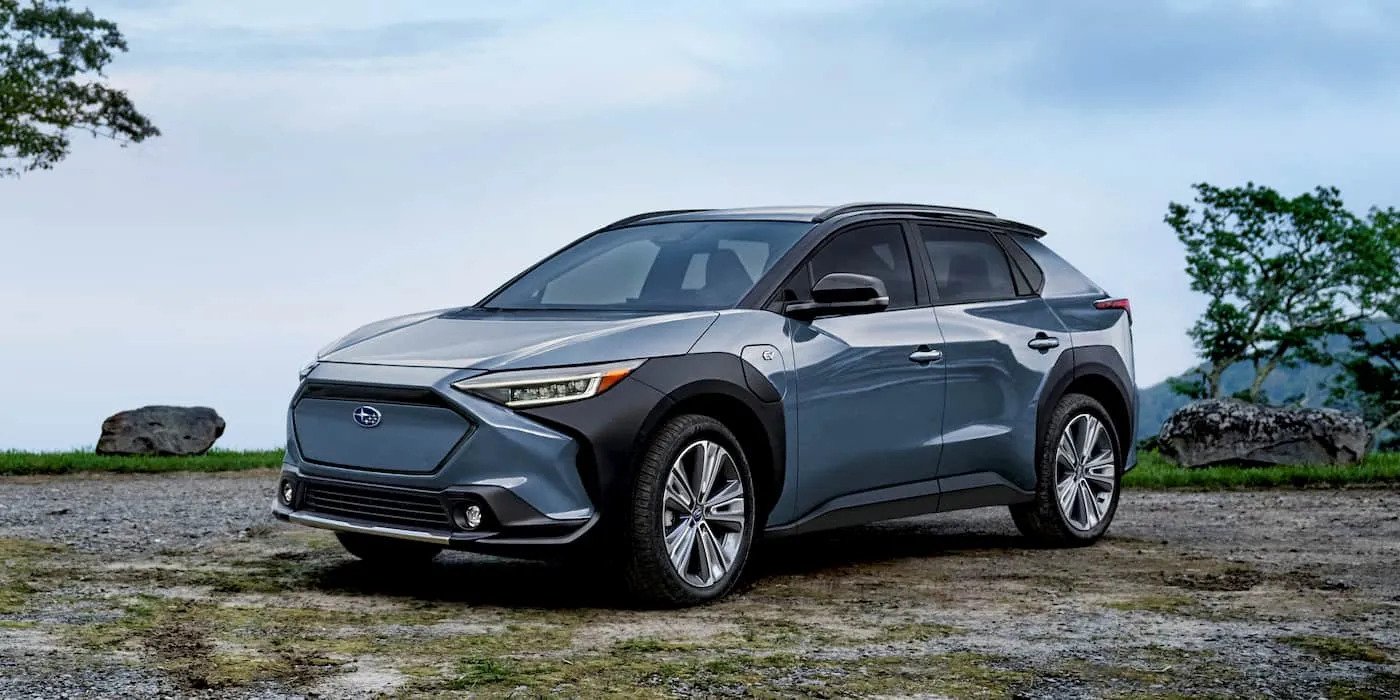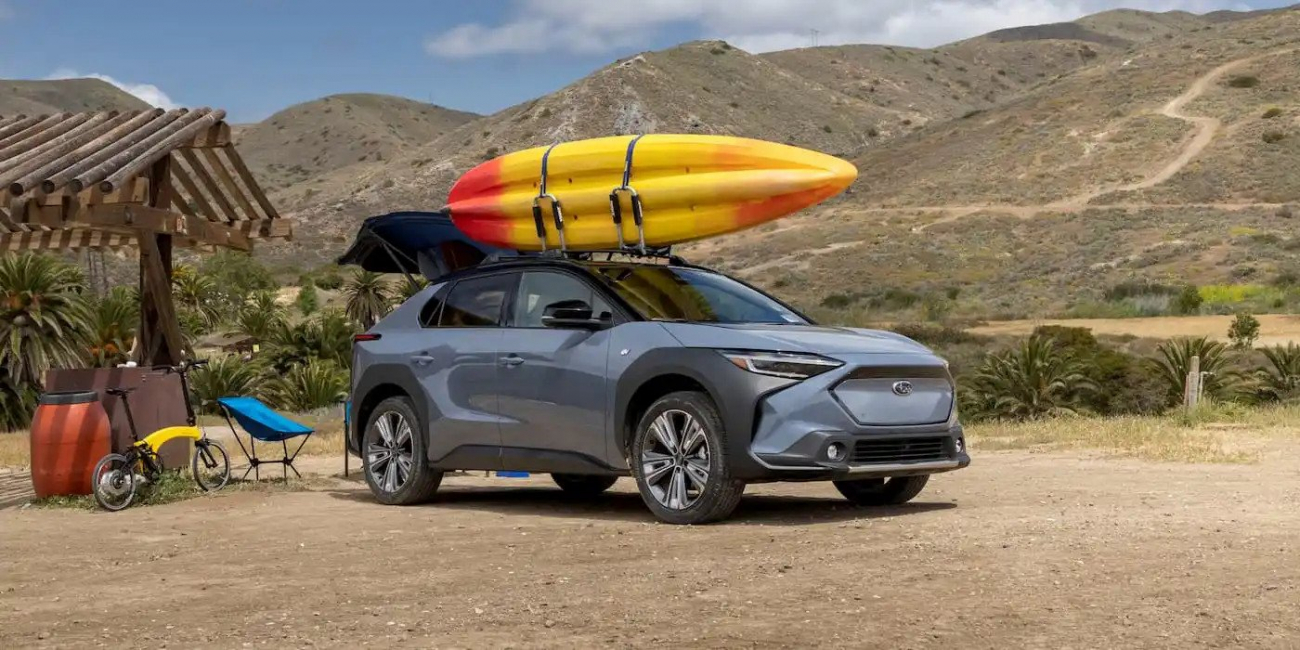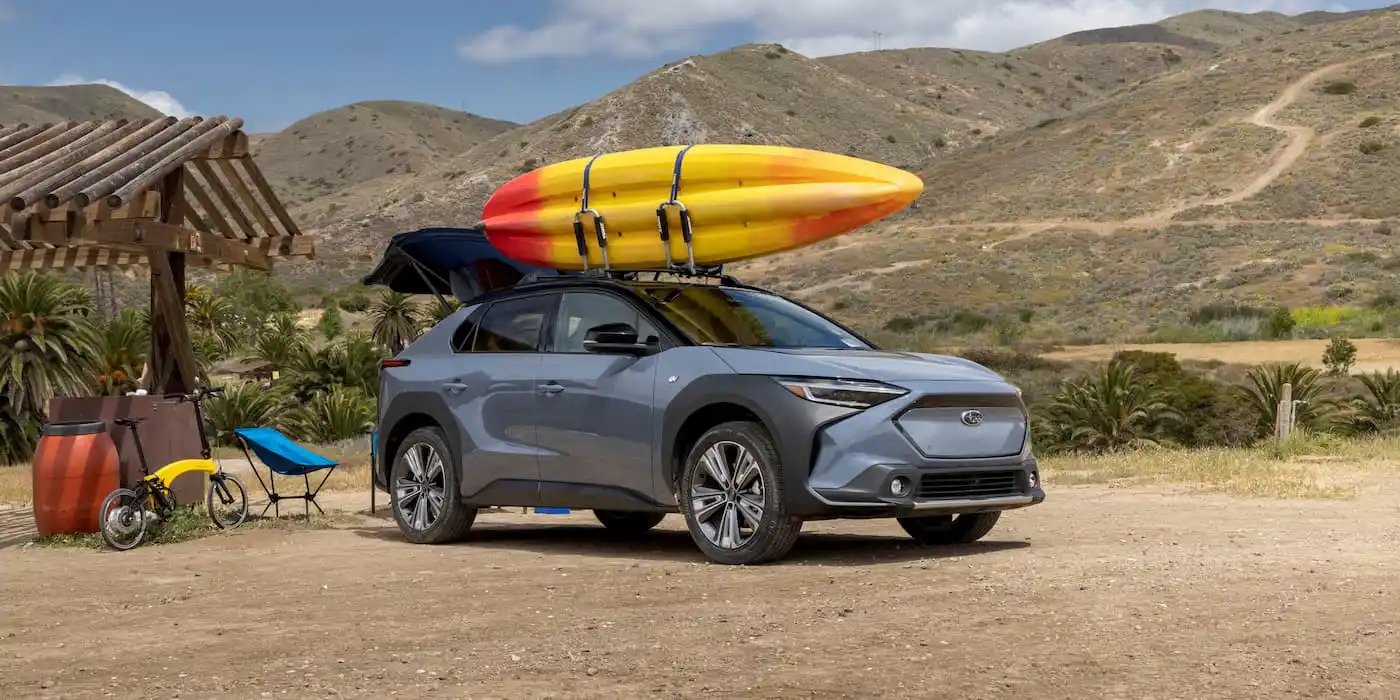oyota plans to release ten new electric models, aiming for 1.5 million in EV sales by 2026. The automaker has recently advanced EV initiatives with plans for a dedicated EV platform, next-gen batteries, manufacturing improvements, and other innovations to increase competitiveness.
Subaru, on the other hand, aims for 40% of global sales to be electric by the end of the decade, with plans for an all-electric lineup by the “early 2030s.”
Electrek’s Take
Toyota owns roughly 20% of Subaru and looks to get the automaker and itself positioned for the future of the industry before it’s too late.
Japanese automakers have already fallen behind in China, the world’s largest EV market, but some are making more of an effort after seeing what can happen when a market transitions under its feet.
Producing EVs and batteries in the US can enable Toyota to take advantage of the tax credit provided by the Inflation Reduction Act, which will help it compete as the US moves to an all-electric future.
By utilizing Toyota’s assembly facility and battery production, Subaru can gain a (much-needed) footing in the US market.

